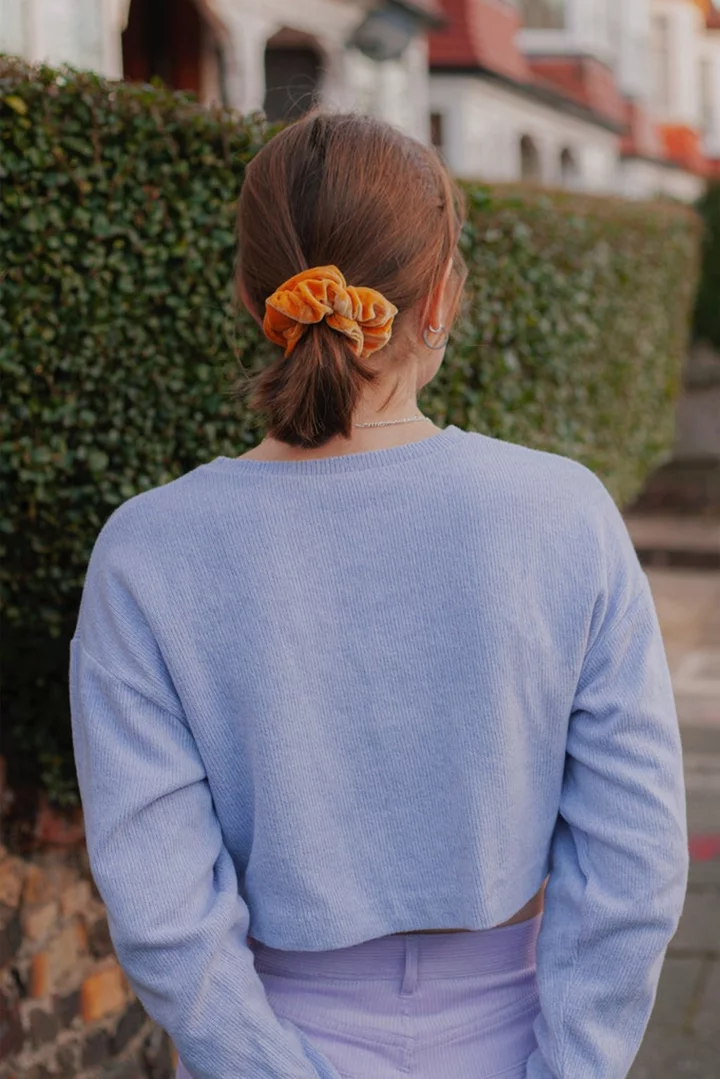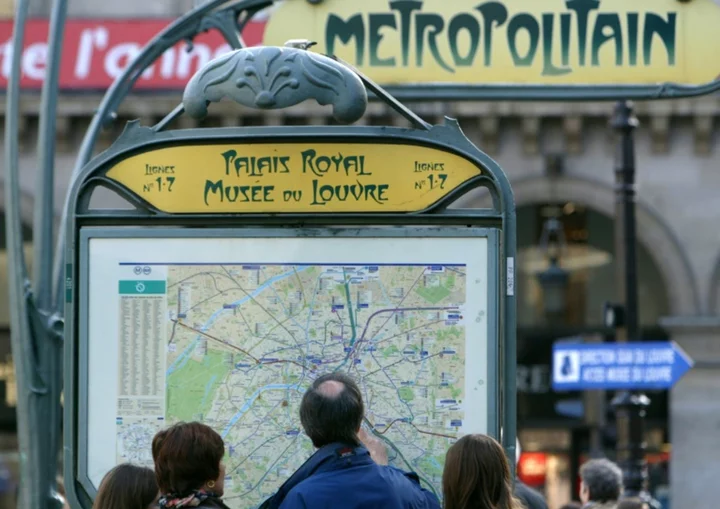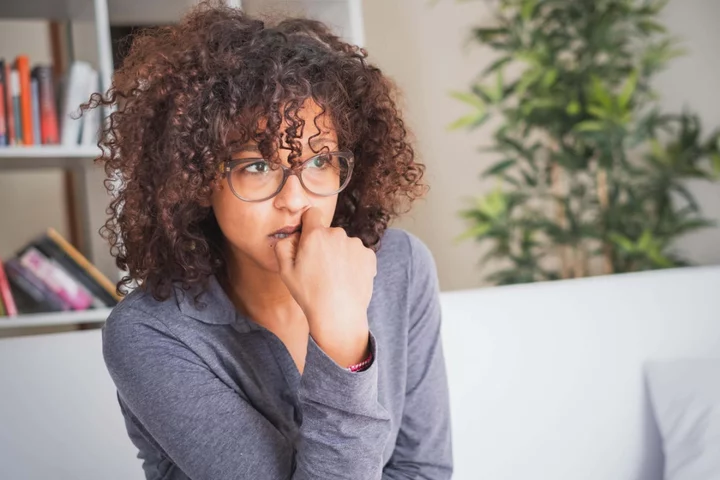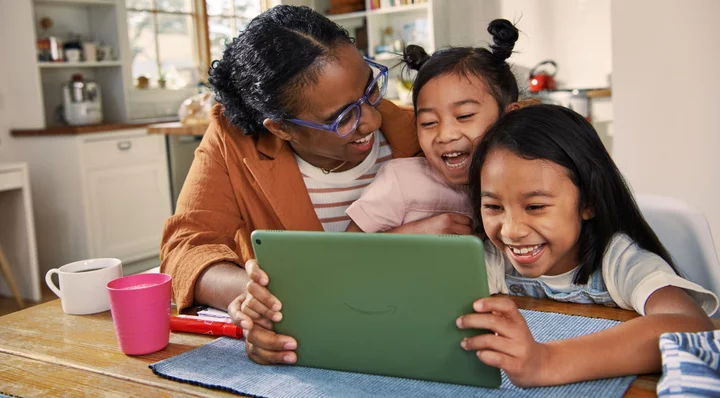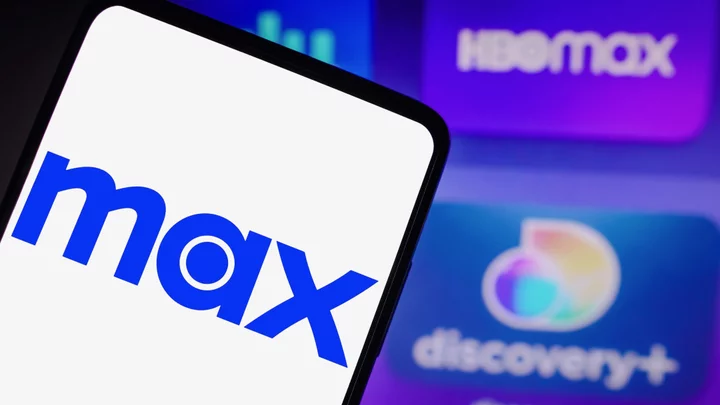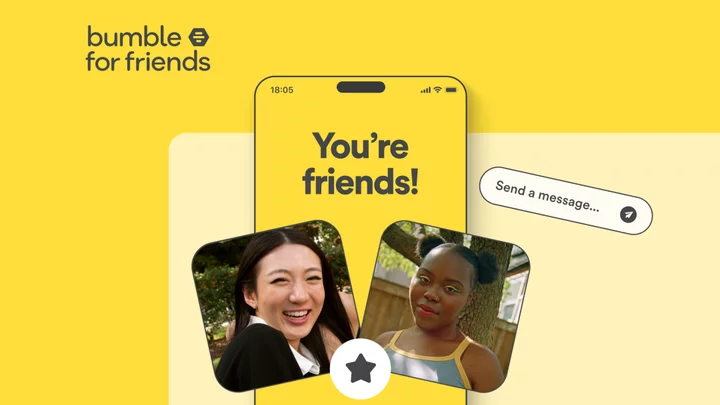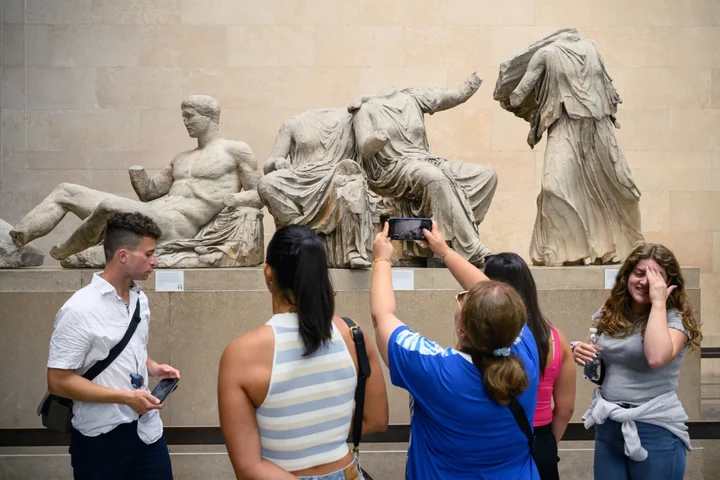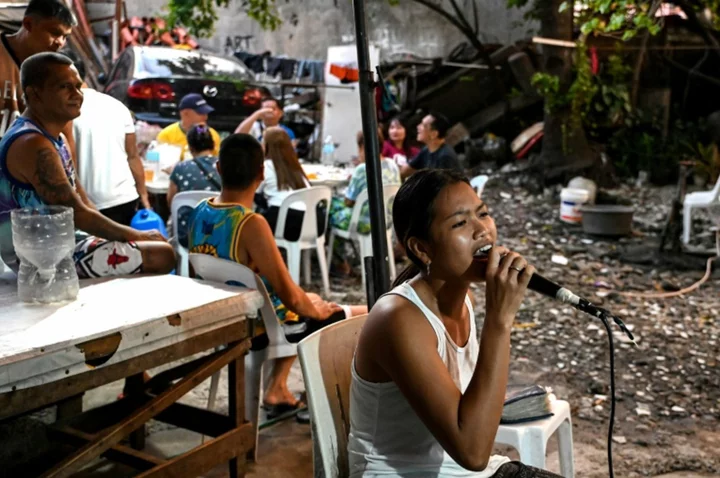It is embarrassing — shameful almost — to admit to being lonely in your 20s. At least that’s how I felt about it at the time. For a significant part of my third decade, I was isolated and uncomfortable about even acknowledging it.
In some ways that uncomfortableness came from the fact I wasn’t actually alone. I had family within an hour’s travel, a loving partner to share my bed with, and long-held friends on the other end of a phone line. It felt ridiculous, hyperbolic even, to have such a level of intimacy and yet feel so disconnected.
Nevertheless, I did. Take the fact that you’d be hard-pressed to find a classic sitcom that doesn’t revolve in some way around a core friend group. This group might live together (New Girl) or work together (Parks and Recreation, The Office); they might spend seemingly every moment together in a coffee house (Friends) or at a bar (How I Met Your Mother); maybe they’re constantly devising abhorrent plans and enabling each other (It’s Always Sunny In Philadelphia). But at the core is a set of people who are intimately intertwined in each other’s lives — perhaps by circumstance at first but inevitably by choice.
Having a core group of friends in your 20s who you see almost every day is a defining facet of the media I grew up on. It inadvertently shaped what I expected my life to look like. My inability to meet that expectation led to a gnawing loneliness.
It doesn’t help that I never seemed to have a core friend group growing up. At school and university, I floated happily between more clearly defined cliques, embracing the opportunity to get along with as many people as possible without giving up my ability to be on my own. I have always preferred to do things entirely on my own terms, choosing my own company on an errand over having to negotiate others’ opinions. I enjoyed life better that way. But it meant that I built up anxiety about reaching out to people when I did want to see others. This, I realized in therapy later, was a blatant fear of rejection. But I was years away from that realization. Instead, I graduated from university and moved into a phase of life where I could no longer easily bounce between those core groups. I was just drifting.
It felt, frankly, like I was doing something wrong, whether that was pushing people away or not trying hard enough. I certainly felt like I was failing at being young. I couldn’t find my core group of friends at a time when friendship seemed to be an essential stabilizing strength.
The self-pitying itch was made so much easier to scratch with platforms like Instagram. Even at the time, I was aware that I was jealous of people I didn’t know very well or who didn’t even exist. And I wasn’t even really alone. I had friends! It had no real bearing on my life! Reminding myself of these facts didn’t make the feeling resonate any less.
This turns out not to be an isolated experience. There are pages and pages of posts on Reddit and videos on TikTok of people describing an inescapable, nagging loneliness that seems to define their 20s.
There are several factors that definitely contribute to this. Moving away from the safety of easily accessible friends in school or university can be destabilizing, and the promise of work environments providing the next space where you can make friends has fallen flat as opportunities and full-time positions have dissolved away. How can you forge any kind of connection if you are temping, working zero-hour contracts, or constantly looking for a way to break into the industry you really wish you were in? Of course, you can’t.
At times I was terrified that this is how I would always feel, especially in my mid-20s. But as I approached my 30s (a decade young people are seemingly permanently terrified of), I realized I had begun to properly digest those ideas I had understood only superficially before. The loneliness retreated as I grew into myself, even though nothing materially changed.
The number of people in my life hasn’t changed, but my approach to friendship has entirely. Over the course of the pandemic, I stopped chasing the connections and experiences I thought I wanted. In its place, I focused on the kind of relationships that actually met the rhythm of my life. I accepted that while I love to be around people, for every night out I need a weekend on my own to recuperate. I stopped drinking because of a medication change and realized that rather than easing social anxiety in the short term, drinking was actually making me more anxious in the long term. The combination of growing up and living through the pandemic forced me to let go of the life I thought I should have been living. As a result, I feel more connected than ever to the friends I do have, even though I see them as much as I used to (if not less).
Crucially, I needed to go through that painful period of growth where I let go of these ideas of what my life should look like. It’s one thing to understand there’s a disconnect between expectation and reality, and a whole other thing to realize that embracing that disconnect is the key to feeling comfortable in your own skin.
Life in your 20s is more often than not nothing like a sitcom. Friendships are not neatly packaged into groups for the sake of plot convenience. They are sprawling and out of sync and honestly, often lonely. But I’ve found that going through the process of chasing and then letting go of what it means to have friends was essential. Now, without even realizing I was doing it, I’m happier than I’ve been in years. I’m not looking over my shoulders, anticipating how distant acquaintances I don’t even care about might perceive my life. I’m just living my own. For anyone else experiencing that sense of isolation, be comforted by the knowledge that someday, without you even realizing it, that veil will lift for you, too.
Want more? Get Refinery29 Australia’s best stories delivered to your inbox each week. Sign up here!

